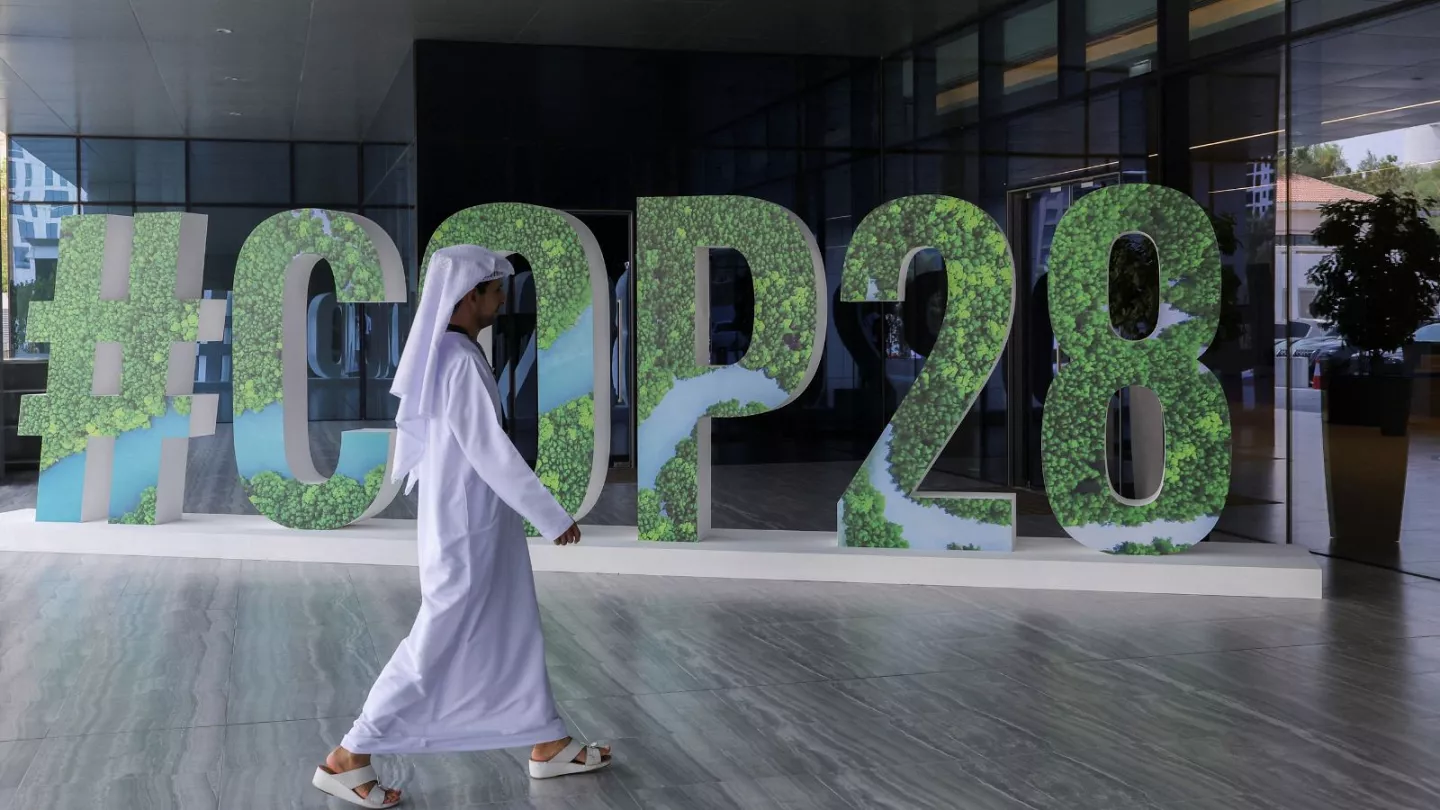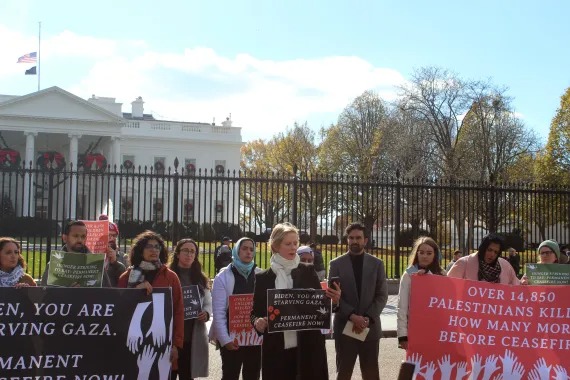As the United Nations Climate Change Conference, COP28, gears up in Dubai, world leaders assemble for a critical mission—to combat climate change and pave the way for a sustainable future. The 28th iteration of this annual conference comes at a pivotal moment, with extreme weather events emphasizing the pressing need for comprehensive climate action. The urgency is underscored by the recent announcement from the EU’s Copernicus Climate Change Service that global temperatures briefly exceeded 2C above pre-industrial averages for the first time.
Challenges on the Horizon
The world is grappling with the aftermath of record-breaking events, from Greek wildfires to Libyan floods exacerbated by global warming. With scientists predicting that 2023 is virtually certain to be the hottest year on record, the stakes are higher than ever. The global community faces the formidable task of meeting the targets set by the Paris Agreement at COP21, aiming to keep global warming below 1.5C above pre-industrial levels.
Key Goals for COP28
The overarching goals set by the COP28 Presidency focus on fast-tracking an equitable energy transition, addressing climate finance, prioritizing nature and livelihoods, and ensuring the most inclusive COP to date. Tensions are expected as countries remain divided over strategies to tackle fossil fuel use sustainably. The EU, for instance, is pushing for a historic deal to phase out global use of coal, oil, and gas.
Thematic Highlights
COP28 in Dubai will witness a World Climate Action Summit on December 1-2, gathering heads of state, government officials, and civil society leaders to make major announcements and build momentum for the summit. Thematic days dedicated to finance, energy, and nature, along with a new focus on health, will illuminate key climate-related issues. The final negotiations, originally scheduled for December 11-12, are notorious for overruns, as seen in COP27.
Controversies Surrounding COP28
The choice of the UAE’s president-designate, Dr. Sultan Al Jaber, CEO of Abu Dhabi National Oil Company (ADNOC), has sparked controversy. With over 130 lawmakers objecting to his appointment, concerns have been raised about the fossil fuel industry’s influence on climate discussions. Despite criticism, some experts argue that COP28’s agenda offers opportunities for accelerating a transition away from fossil fuels.
Global Participation and Notable Attendees
More than 200 governments have been invited to COP28, with leaders from 167 countries confirming their attendance. While notable leaders like France, Germany, India, Brazil, Japan, and the UK are expected to address their nation’s climate commitments, both the US and China’s leaders are unlikely to be present. The conference will also feature a significant presence of environmental NGOs, think tanks, faith groups, and private sector representatives.
The Role of Loss and Damage Funding
The groundbreaking blueprint for the Loss and Damage fund, agreed upon earlier in Abu Dhabi, will be formally adopted at COP28. This fund, aiming to address climate-related loss and damage, has raised concerns about representation and participation in its distribution process. The EU has committed to a “substantial” contribution to the fund, setting the stage for potential contributions from other major emitters.
Anticipated Outcomes
The COP28 negotiations will confront the critical need for an ambitious agreement to tackle unsustainable fossil fuel use, amplify renewable energy capacity, and improve energy efficiency. The first-ever Global Stocktake at the summit will assess countries’ progress in meeting their Paris Agreement commitments, providing a vital opportunity for course correction. As the world grapples with the impacts of 1.1C warming, COP28 assumes unprecedented urgency in steering humanity toward a more sustainable future. Euronews Green will provide exclusive coverage, bringing stories, interviews, and reactions from inside the UN climate summit.
















